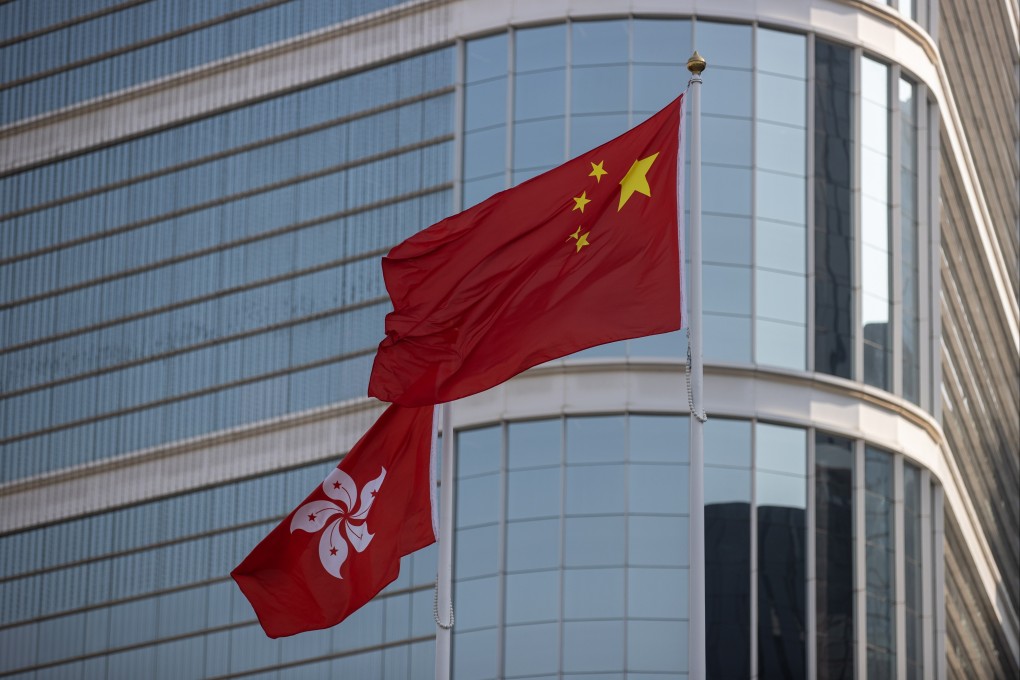Hong Kong leader John Lee doubles down on passing Article 23 national security law this year or next
- Veteran political observers say Beijing’s priorities for city have shifted, urging Lee to wait until after Taiwan’s election early next year and focus on local economy
- But leader says his ‘position remained unchanged’ in response to article penned by pro-Beijing heavyweight Lo Man-tuen, which suggested this year was not ideal timing for controversial bill

Hong Kong authorities will pass a constitutionally required national security law this year or next at the latest, the city’s leader has vowed, although several political veterans have questioned whether it is the best time to implement the bill.
Chief Executive John Lee Ka-chiu on Tuesday reiterated that his “position remained unchanged”, a day after pro-Beijing heavyweight Lo Man-tuen said in an op-ed piece that this year was not the right time to pass the bill given the need for Hong Kong to rebuild its economy. Lo also pointed to next year’s presidential election on the self-ruled island of Taiwan.
When asked about Lo’s views, Lee said: “Not everyone may fully grasp the seriousness of the problems that Article 23 is supposed to target, because the risks of national security keep changing.
“What is more, under the present complex international relations, there is still the possibility that national security risks are lurking in Hong Kong.”
Lee said the government’s goal was to complete the legislation “as soon as this year, and if not, next year”. He added the bill would be enacted “according to actual circumstances” and “when the time is right”.